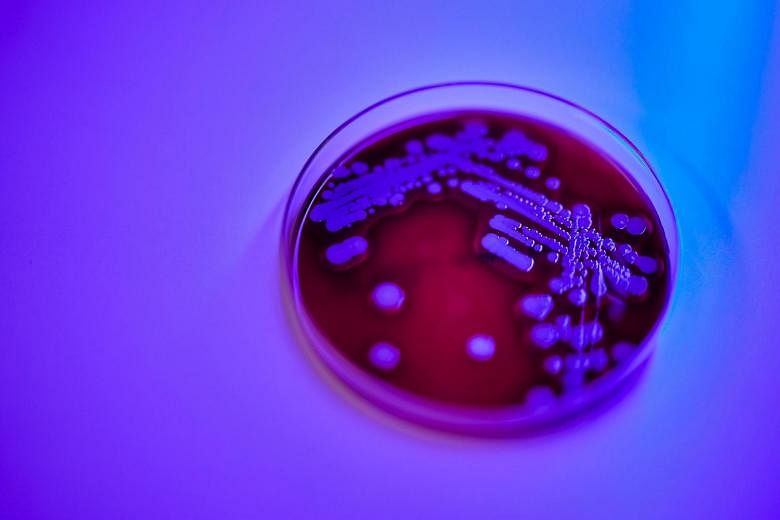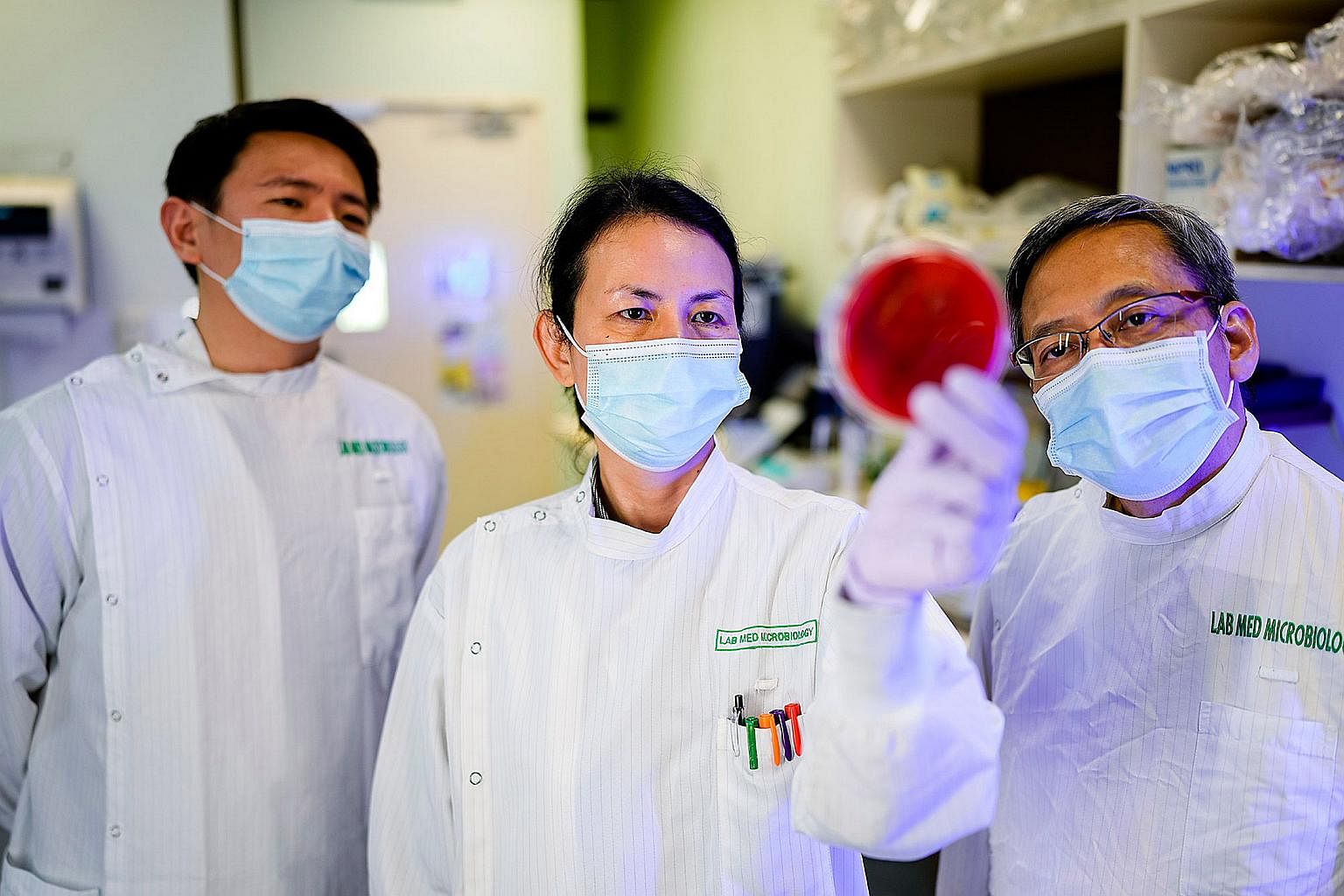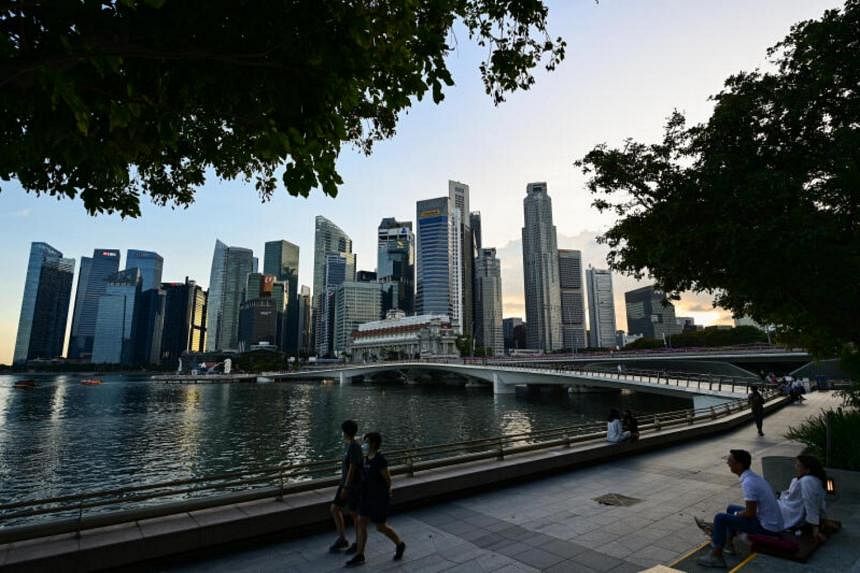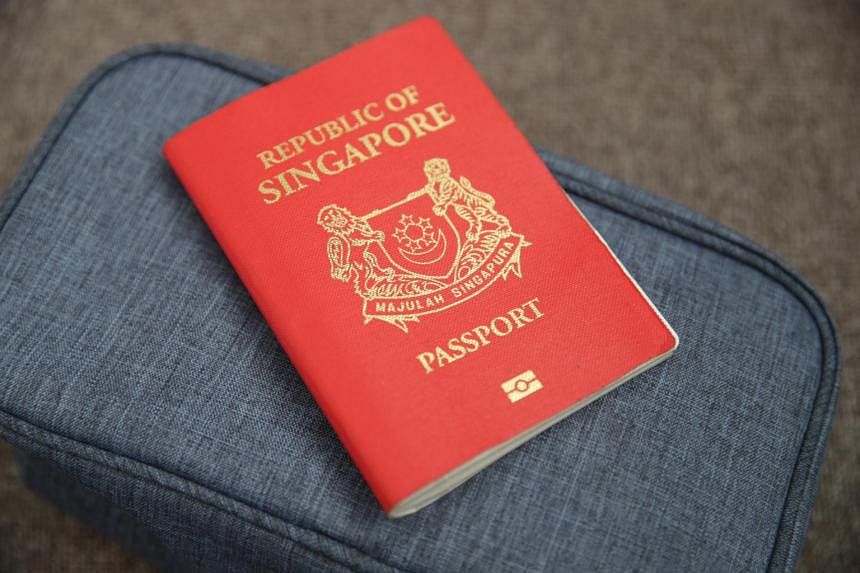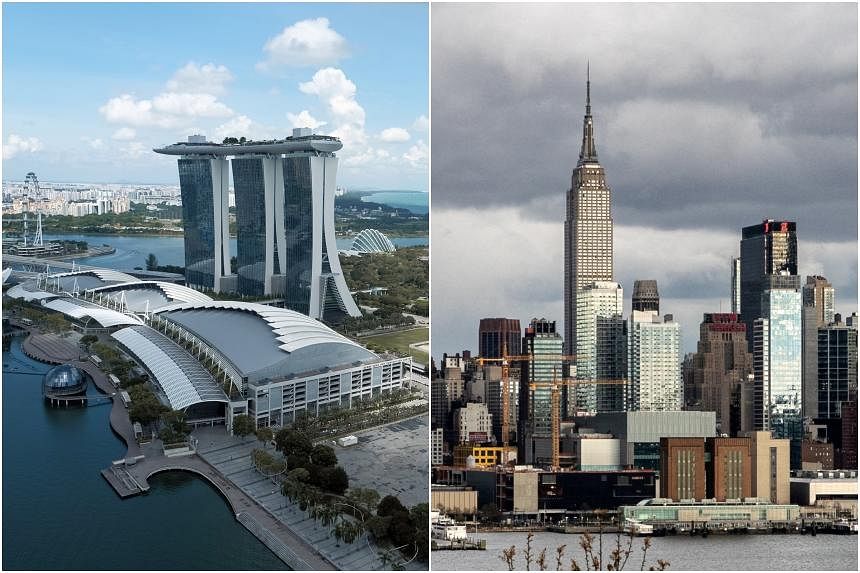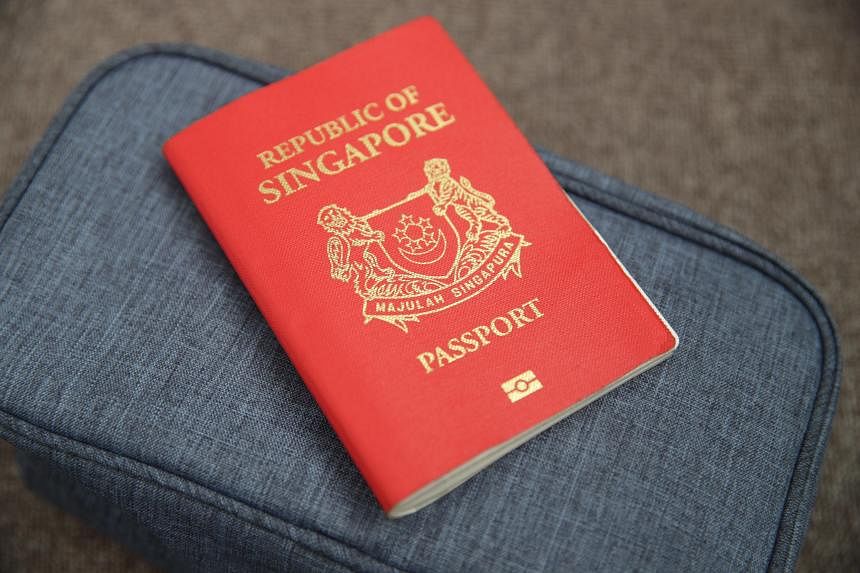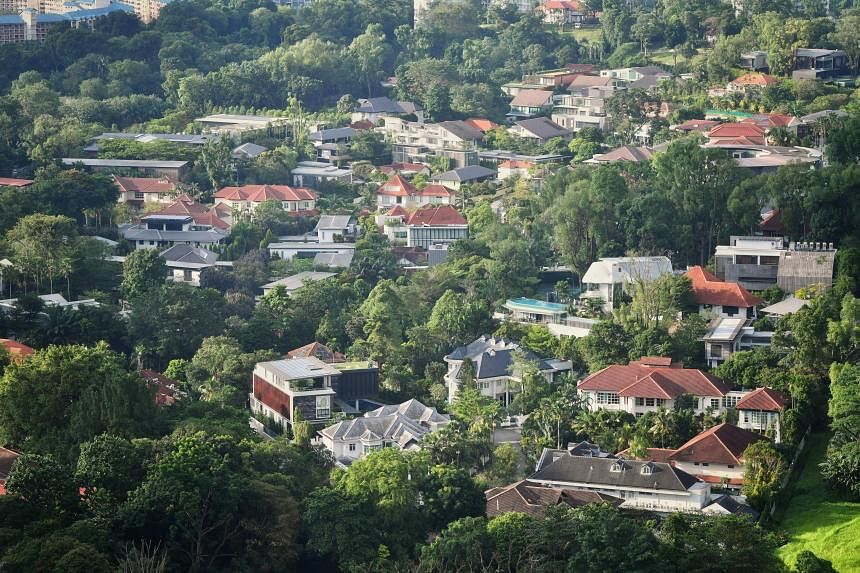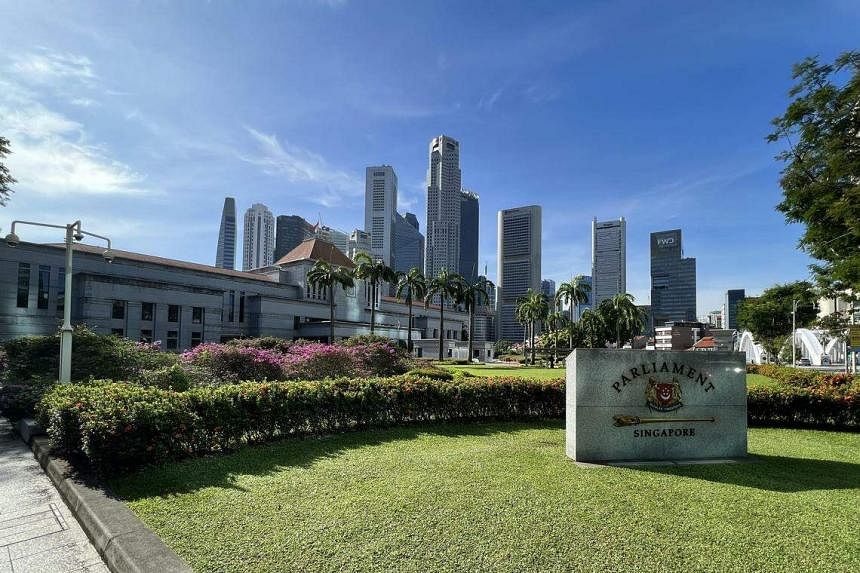Trust in SG government is lower than that in a communist country (China (89 per cent)) and two Arab countries (the United Arab Emirates (86 per cent) and Saudi Arabia (83 per cent).)
Trust in Govt up, but slight fall in trust in NGOs and businesses: Survey
Trust in the Government increased to a record high 76 per cent, according to the latest Edelman Trust Barometer. PHOTO: ST FILE
Jean Iau
MAR 15, 2023
SINGAPORE - A survey of 1,135 people in Singapore has found that trust in the Government rose slightly last year, and it remains the most trusted institution here.
According to the latest Edelman Trust Barometer report released on Wednesday, trust in the Government increased by two percentage points to a record high of 76 per cent, while trust in non-governmental organisations (NGOs) and businesses declined by three percentage points and two percentage points, respectively, from the previous year.
The survey is conducted annually.
This suggested confidence in the current leadership to
lead the country through global economic headwinds, global public relations firm Edelman said in a media statement on Wednesday.
Trust in the Singapore Government was the fourth-highest among the 28 countries surveyed, behind China (89 per cent), the United Arab Emirates (86 per cent) and Saudi Arabia (83 per cent).
Trust here in NGOs, at 65 per cent, was higher than that in Sweden (44 per cent), Germany (41 per cent) and Japan (38 per cent) – the three countries that were least trusting of NGOs.
Trust in businesses, at 62 per cent, was higher than that in Spain (49 per cent), Japan (47 per cent) and South Korea (38 per cent) – the three countries least trusting of businesses.
More than half, or 59 per cent, of those surveyed here trusted the media, the survey also found. This was higher than that in Britain (37 per cent), Japan (34 per cent) and South Korea (27 per cent), the three countries that were least trusting of the media.
Some countries that had higher trust levels in the media than Singapore included China (79 per cent), Indonesia (72 per cent) and Thailand (67 per cent).
The report comes after more than 32,000 people across 28 countries were polled by Edelman. Fieldwork for this year’s edition consisted of 30-minute online interviews conducted between Nov 1 and Nov 28, 2022.
Globally, those with a high income were found to be more trusting of the four main societal institutions – government, NGOs, business and media – than low-income respondents.
High-income earners’ average trust in institutions jumped from 50 to 62 points since 2012, while that of low-income earners rose from 44 to 48 over the same period.
Singapore also registered an income-based trust gap of 18 points between high and low income earners, the seventh-largest gap among all countries surveyed – behind countries such as Thailand and the United States, which had a trust gap of 37 and 23 points, respectively.
Globally, nearly two-thirds of respondents observed an unprecedented lack of civility and mutual respect in society.
In Singapore, 44 per cent believed that the lack of civility and mutual respect today is “the worst they have ever seen”, according to the survey.
But only a third of Singapore respondents believe that their country is more divided today than in the past, compared with 53 per cent of respondents globally.
Respondents were also surveyed on their attitudes towards polarising views.
Among those who feel strongly about an issue, 26 per cent of respondents in Singapore said they would help someone who strongly disagrees with their point of view; 22 per cent said they would live in the same neighbourhood as such a person; and 20 per cent said they would work with such a person.
Economic optimism has fallen globally, with almost half of the countries surveyed showing a year-on-year double-digit decline in the belief that their families will be better off in five years’ time.
Across the region, the survey observed that developing countries such as Indonesia (73 per cent) and India (73 per cent) show more optimism than developed countries such as Japan (9 per cent), South Korea (28 per cent), and Singapore (36 per cent).
This represents a seven percentage point decline for Singapore and an all-time low in optimism here, said the survey.
Chief executive of Edelman Singapore Julia Wei said: “Across a wide range of societal issues, such as climate change, discrimination, immigration, employee treatment and income inequality, people believe that government and business working in partnership will achieve the best results – on average, four times more than if business were to work alone.”
Fifty-five per cent of people surveyed also believed that business can address contentious societal issues without being politicised, she noted, adding: “The mandate for business to act is clear.”
Ms Wei said: “By an overwhelming margin, respondents want more societal involvement by businesses on issues such as healthcare access, climate change and improving economic inequality.”








